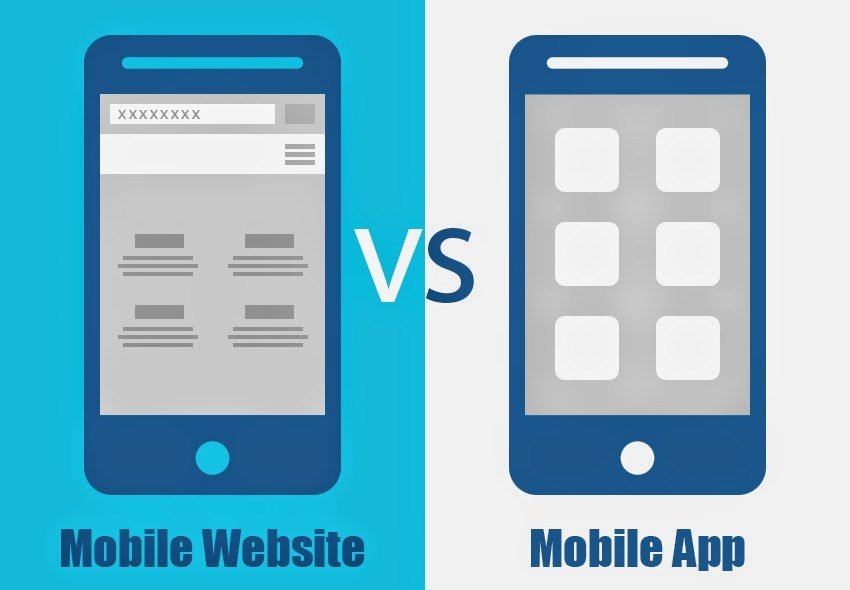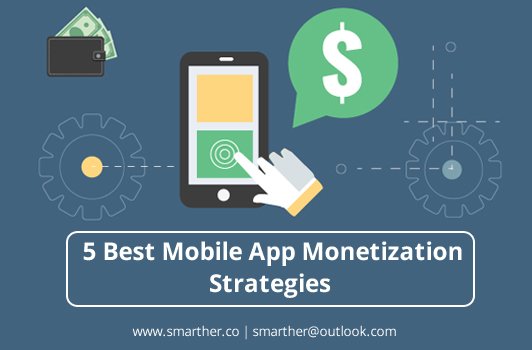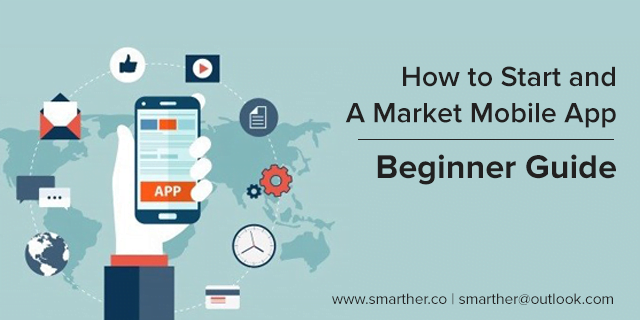Technologies play a crucial role in the development of the digitalized world and the IT sector has its unique path. Without IT fields, technology is nothing, from a small-sized pen drive to large-sized generators everything is centralized by coding.
Apart from these people are fond of using a pocket device i.e) smartphones. Now a day mobile apps became more trendy than websites. Every business used has mobile applications to reach the audience at the earliest. It is estimated that over 6billion people use smartphones all over the world.

Due to the over usage of mobile phones and tablets, the applications have an increasing demand. From playing games to home automation people like to use the mobile application, they found that it saves their time in busy schedules and they find entertainment apps for relaxations.
What Is A Mobile Application Development?
The mobile application is a set of procedures and processes used to develop software that runs on any mobile and tablet devices. The building of mobile applications is similar to web app development, but the only difference is apps can be easily downloaded from anywhere with the use of the internet whereas websites should be searched only through search engines. The mobile applications are featured design for mobile devices. In simple terms, the gaming app designed to a mobile device takes an advantage over mobile device accelerometer.
Types Of Mobile Application
There are three main different types of mobile applications that can be developed.
- Native Apps
- Hybrid Apps
- Web Apps
Native Apps
Native apps are specially developed for a single operating system. There are two main operating systems that running in most of the people devices one is Android and other is IOS.
If a mobile app is developed for Android, it will not run on IOS. Some of the other native apps are Blackberry, Symbian.
Techniques Used Android App Development
- Front-end – XML→ Extensible Markup Language
- Back-end – Java, and Kotlin
- Database – SQL, SQLite, and Thir-party servers
Tools Used For IOS App Development
- Swift
- Objective C
- Xcode
- Testflight
Pros
- Fast and Responsive performance.
- Best user-experience.
- The notifications can be easily pushed at the home screen.
Cons
- The cost of developing native apps is higher than other types of app development. Since it is designed differently for each and every Operating system.
- Time consumption is more for development.
Hybrid Apps
A hybrid is a software that combines both web and native apps. The internal working of hybrid apps is similar to web apps but installation is the same as native apps.
Techniques Used
- HTML – HyperText Markup Language
- CSS – Cascading Style Sheet
- JS – Java Script
Pros
- Hybrid Apps are the popular one since it reduces the time for the developers than native apps.
- The developers have to write code for mobile apps and it runs on multiple platforms.
- The cost of developing hybrid Apps is cheaper.
- Easier to modify and launch patches.
- Hybrid apps can work both online and offline.
Cons
- The performance of hybrid apps is low.
- Only limited features can be used for hybrid apps.
- Developers have to wait for a long to add one feature to hybrid apps.
- Lack of 3D support in hybrid apps.
Web Apps
Web applications are the program that runs on the internet with the help of web browsers and web servers. The main feature of web apps are they work on multiple platforms. The subscription-based web applications reduce software privacy.
The cost of development is cheaper than others.
Pros
- More flexible to use.
- It takes a couple of minutes to set up the web application for use.
- Updating versions are easily done since every one accesses through the same URL.
- Usable with the different operating systems.
- These apps don’t require hard disk storage space, get storage access from the cloud.
- Time consumption for the development of web apps.
- One can access web applications at any time.
Cons
- Less secure than other types of apps.
- High-speed internet is required to access web applications.
- Reduces speed during over-usage.
- Concerns about storage and licenses.
- Restricted access on some techniques like Adobe Flash on IOS
What Are The Education Are Required To Become A Mobile App Developer?
To become a mobile app developer your need to analyze the following criteria.
Choose the platform- First your have to identify the platform that you’re working. Some of the platforms are Android, IOS, Blackberry and etc.
Get Formal Education- The second step is you have to choose the right formal training center. Make sure you have to practice hands-on-training.
Master In Three Areas
- User-Interface Design
- Programming
- Business Expertise
User- Interface Design
There is a lot of design that felt tough to work in the designing phase but, the user-interface design is the core part of any application. No user likes to use a low quality interfaced application.
Programming
For mobile application development all you need to know about the logic but the programming language a little bit matters. You should learn how to translate your logic into programming.
Some programming skills required for developing mobile applications.
Front-end: HTML, CSS, XML and JavaScript
Back-end: Java, Kotlin, Swift, Objective C
Business Expertise
As a part of a developer you have known some business cases. How this app helps to earn a profit or how this app will help users or how people spend most of their time in this app.
Practice Your Skills
- First get a new idea for your app.
- Get a brief of your app into a paper.
- Collaborate with am expert for help.
- Test your app.
- Convert your app into a different platform.
Wrapping Up
The education needs to be a mobile app developer is
- You should know about the mobile app development
- Types and techniques of development
- Pros and cons of mobile apps
- Some business ethics for developing a mobile application.
- Get an idea, workout, and execute a practicing mobile application.








